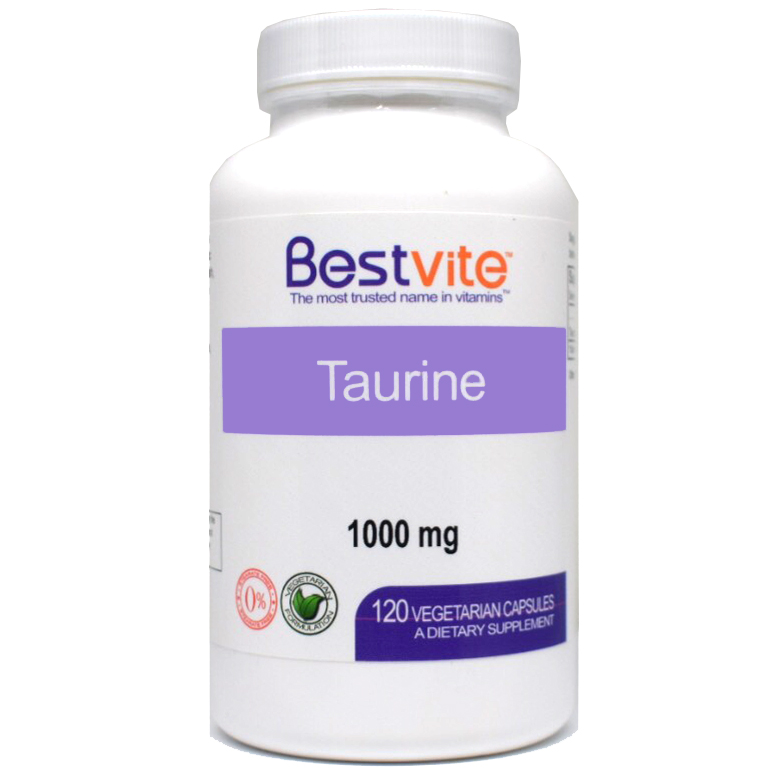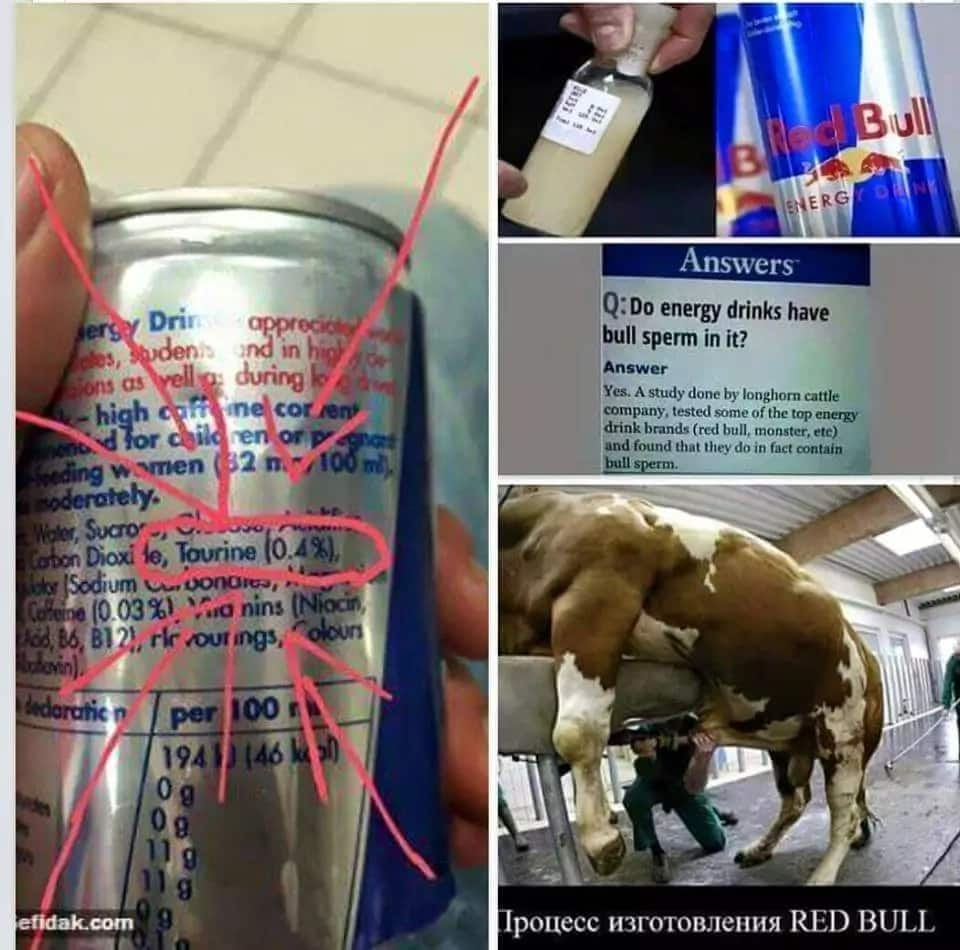

Taurine is thought to improve exercise performance and protect muscles, which is why many energy drinks use it. While it offers benefits to the body, taurine is not an essential amino acid-meaning we can live without it. Other than the name, taurine is only associated with cattle because it was first isolated from ox bile. Many animals and certain types of fish are capable of producing taurine. However, this couldn’t be further from the truth! Due to the name’s similarity to the Latin taurus, meaning bull, rumors have circulated that taurine comes from bull urine or semen. Taurine can be made by the human body, but some people are unable to create it on their own. We get the amino acids we need by consuming whole foods or producing them ourselves. Amino acids are organic compounds that are vital to a functioning human body. When determining if certain energy drinks are vegan, taurine is often an ingredient that is up for debate. Sucralose: This low-calorie sweetener is often tested on animals. Sugar: Bone char from animals might be used in the sugar refining process.īCAAs: Branch chain amino acids can be produced by animals. Glycerol Ester of Wood Rosin : While this food additive may be plant-based, it may contain some animal products. Glycerol: Glycerol may be derived from animal fats. For example, thickeners like gelatin are animal-based, so every label should be thoroughly examined.ĭepending on how strict your adherence to the vegan lifestyle is, there are some ingredients in leading energy drinks you may object to and will want to avoid:Īrtificial Colors: Most artificial colors have been tested on animals. Many energy drinks may seem vegan, but they usually contain animal products in some form. Bees pollinate flowers and produce honey, so vegans tend to avoid the sweet sticky substance. Popular caffeinated iced teas advertise honey, disqualifying them from vegan consumption. Milk is a common ingredient found in energy drinks, especially in flavors emulating coffee. Many coffee drinks like lattes, cappuccinos, and macchiatos contain cow’s milk. Some cookware isn’t even vegan: if a non-stick baking pan is greased with animal fat, it can compromise a vegan meal.Īcross the spectrum, not all energy drinks are vegan. Certain sugars are refined with charcoal from animal bones. Some breakfast cereals are made with animal-based glycerin. Shellfish (scallops, shrimp, lobster, etc.)Īny animal-produced food (eggs, honey, etc.)īaked goods and complex dishes may appear to be vegan but actually contain some animal products. Some of the most common food items not found in a vegan diet are: Following a vegan lifestyle may sound easy enough, but the truth is that it can actually be quite difficult - animal products are found almost everywhere. To be vegan is to completely avoid meat or animal products. Hundreds of years later, approximately 78 million people identify as vegan. Greek philosophers wrote about the moral benefits of abstaining from meat.

Indian and Eastern Mediterranean cuisines were the earliest vegan diets on record. While the term “vegan” wasn’t officially coined until the 1940s, many ancient cultures practiced this form of dieting long before it was given the name. To dispense any myths surrounding energy drinks and veganism, here are a few pieces of clarity: What Does It Mean To Be Vegan? So, when you need an enjoyable jolt, where can you get it? An energy drink, perhaps? But are energy drinks vegan? However, as a vegan, you’ve likely had to give up quite a bit - like the milk or cream in your morning cup of coffee. Vegan dieting is great! By eliminating so many animal foods/products, you’re also eliminating the possibility of certain illnesses as you actively commit to this lifestyle of consuming plant-based, cruelty-free products.


 0 kommentar(er)
0 kommentar(er)
